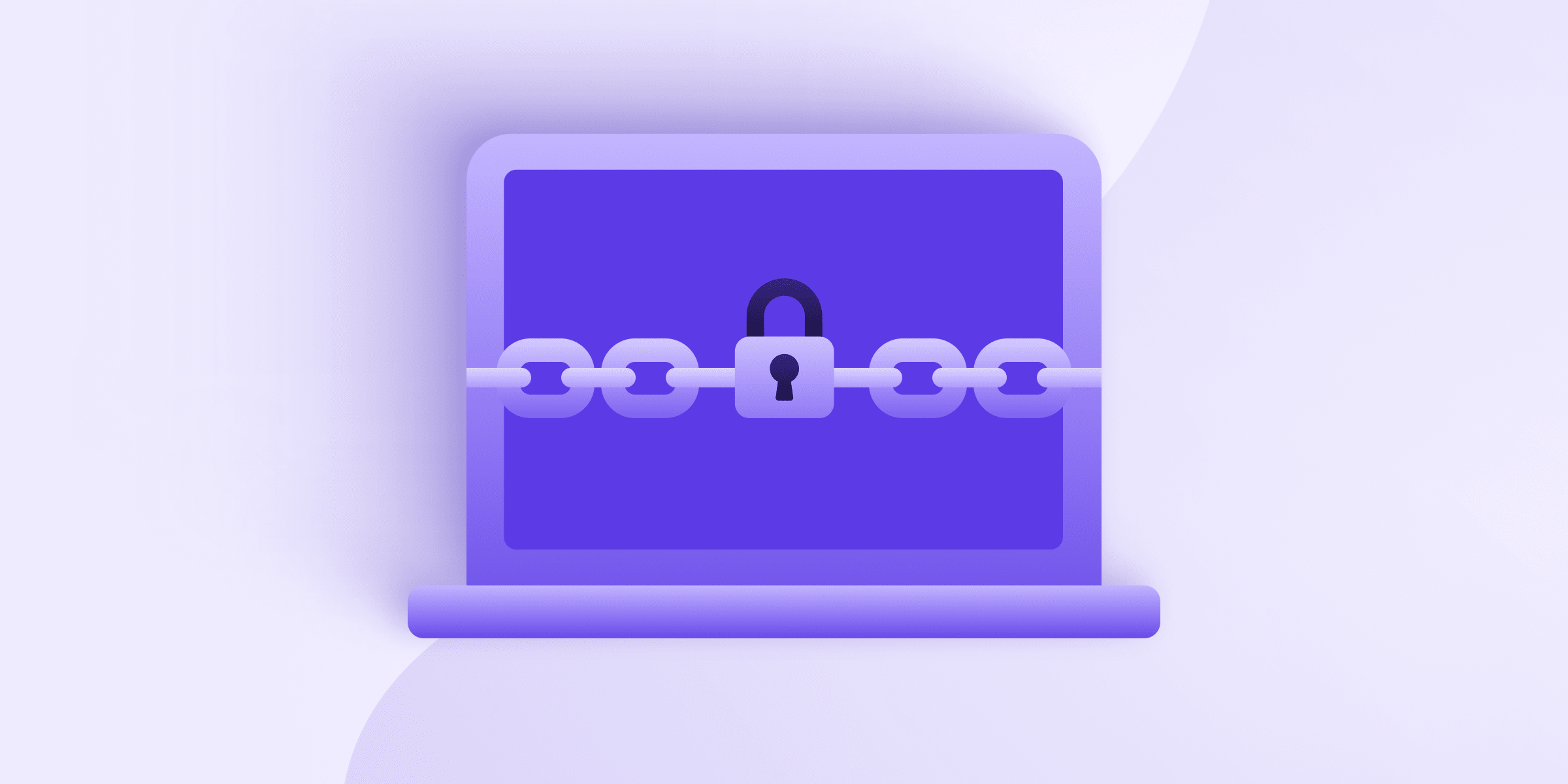The desire for an internet that protects people’s privacy is growing. A 2019 Pew Research poll(new window) showed that 79% of Americans report being concerned about how companies use their data. But any privacy reforms that don’t address Big Tech’s dominance of the internet are bound to fail.
Big Tech companies like Google, Facebook, Apple, and Amazon can get away with privacy abuses because they dominate the internet. They buy out startups(new window) before they can challenge their position, spend millions lobbying lawmakers(new window), and use their control of key internet infrastructure to hobble competitors(new window).
People are left with few alternatives, which leads to a sense of resignation. That same Pew poll said 62% of Americans believe it is impossible to go through daily life without having data collected about them by companies.
To build an internet that protects privacy, we must build an internet that’s competitive.
That’s why we are joining Fight for the Future, DuckDuckGo, Neeva, and other privacy-focused organizations and internet companies to call on US policymakers to pass two crucial pieces of legislation that aim to make the internet a level playing field.
- The American Innovation and Choice Online Act(new window) would make it illegal for companies to self-preference their products on platforms they own. (We have an explainer on its companion bill, the American Choice and Innovation Online Act(new window).)
- The Open App Markets Act(new window) would force Big Tech gatekeepers to give people more choice over how they download apps onto their devices. (We have also written about the Open App Markets Act(new window) in the past.)
This is our chance to stop Big Tech’s worst abuses and force them to compete on the merits of their product, not the size of their monopoly. Let lawmakers know you want them to make the internet a level playing field where our basic rights are protected.
You can also write a note to your representative(new window). (The option to call your representative takes you to a webpage that performs minimal data collection.)
You can read the open letter we sent to lawmakers below.
We, the undersigned companies, urge Congress to consider and pass the antitrust bills voted out of the Judiciary Committees in each Chamber thanks to the leadership of Senators Grassley and Klobuchar and Representatives Buck and Cicilline to restore competition in the digital economy. Governments, regulators, and courts around the world have found that a few large technology companies abuse their dominant positions in the market to stifle competition, minimize choice, and subsequently entrench their own power. The antitrust bills moving through Congress would bar many of the anticompetitive tactics employed by these companies, helping to restore competition in the market and ensure that consumers have true choice over the digital services they use every day.
Due to their market dominance, a handful of technology companies are abusing their positions to discriminate against rivals and give their own products and services preferential placement, access, and data on online platforms and operating systems. For example, because of their gatekeeper status, dominant technology companies can and do use manipulative designs to steer individuals away from rival services; restrict the ability of competitors to interoperate; and make it difficult for users to uninstall their apps or change defaults settings and services. Additionally, these dominant technology companies collect and monetize troves of non-public information from consumers and competitors, which they can exploit for their own purposes, severely hampering new innovations from emerging in our tech sector. The collection and exploitation of this private information strengthens the position of these digital gatekeepers, allowing them to more precisely target consumers and improve their own products and services. In aggregate, these tactics not only harm competitors and the market, but also deprive consumers of the innovative offerings a vibrant market would bring.
Passage of antitrust reform legislation is vitally necessary to address the many ways that dominant tech companies are harming competition and consumers. We urge Congress to consider and pass these antitrust bills as soon as possible and send these critical measures to the President’s desk. The time is now for Congress to act to restore competition to the digital market.
Sincerely,
Automattic
Basecamp
Brave Software
Coalition for App Fairness
Disconnect, Inc.
Dots
DuckDuckGo
Efani Secure Mobile
Fathom Analytics
fuboTV
Function X
Initialized Capital
Kelkoo Group
Libro.fm
LI Toy & Game
Malloc Inc.
Match Group
Mio
Neeva
Patreon
Presearch
Proton AG
Sonos
SparkToro
Spotify
StartMail
Thexyz
Tinder
Travel Technology Association
Tutanota
Yelp
You.com










